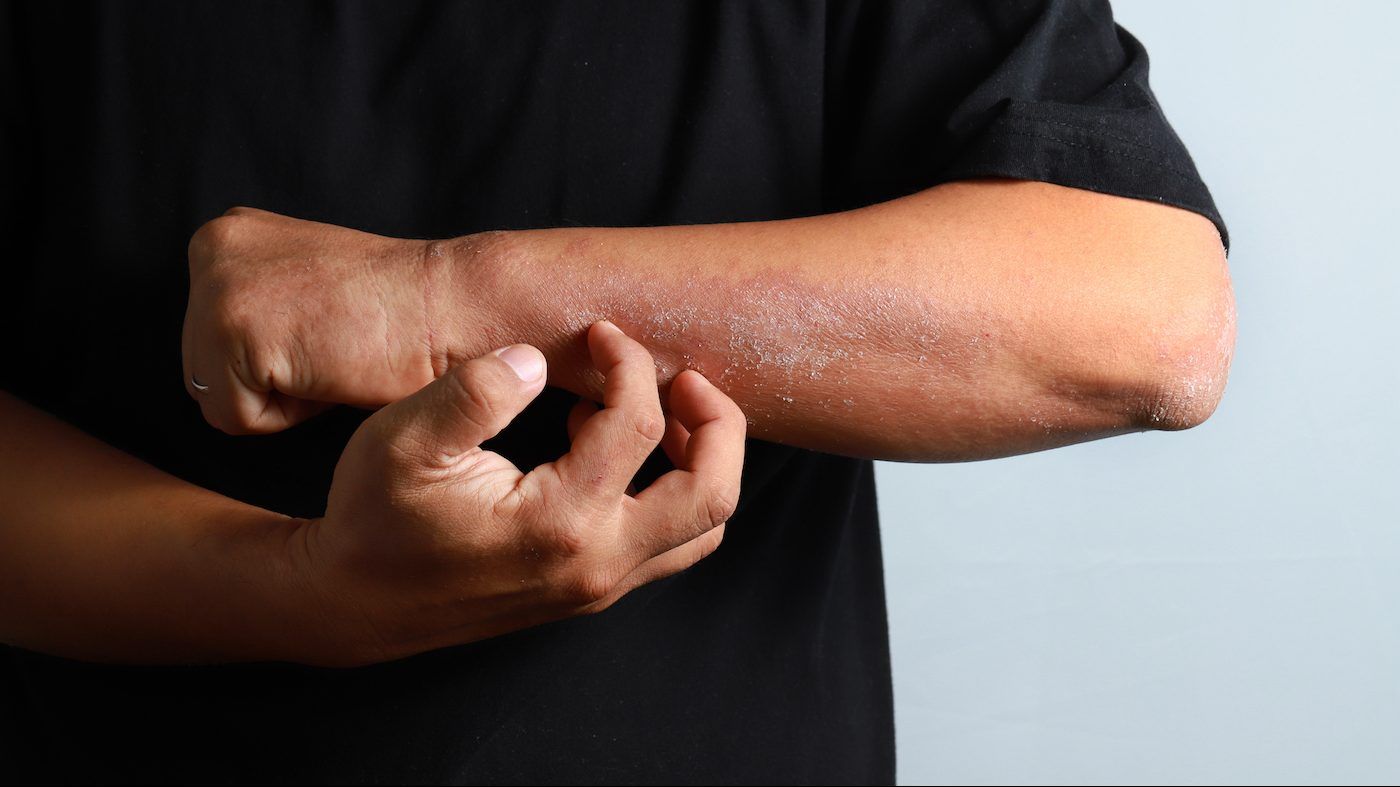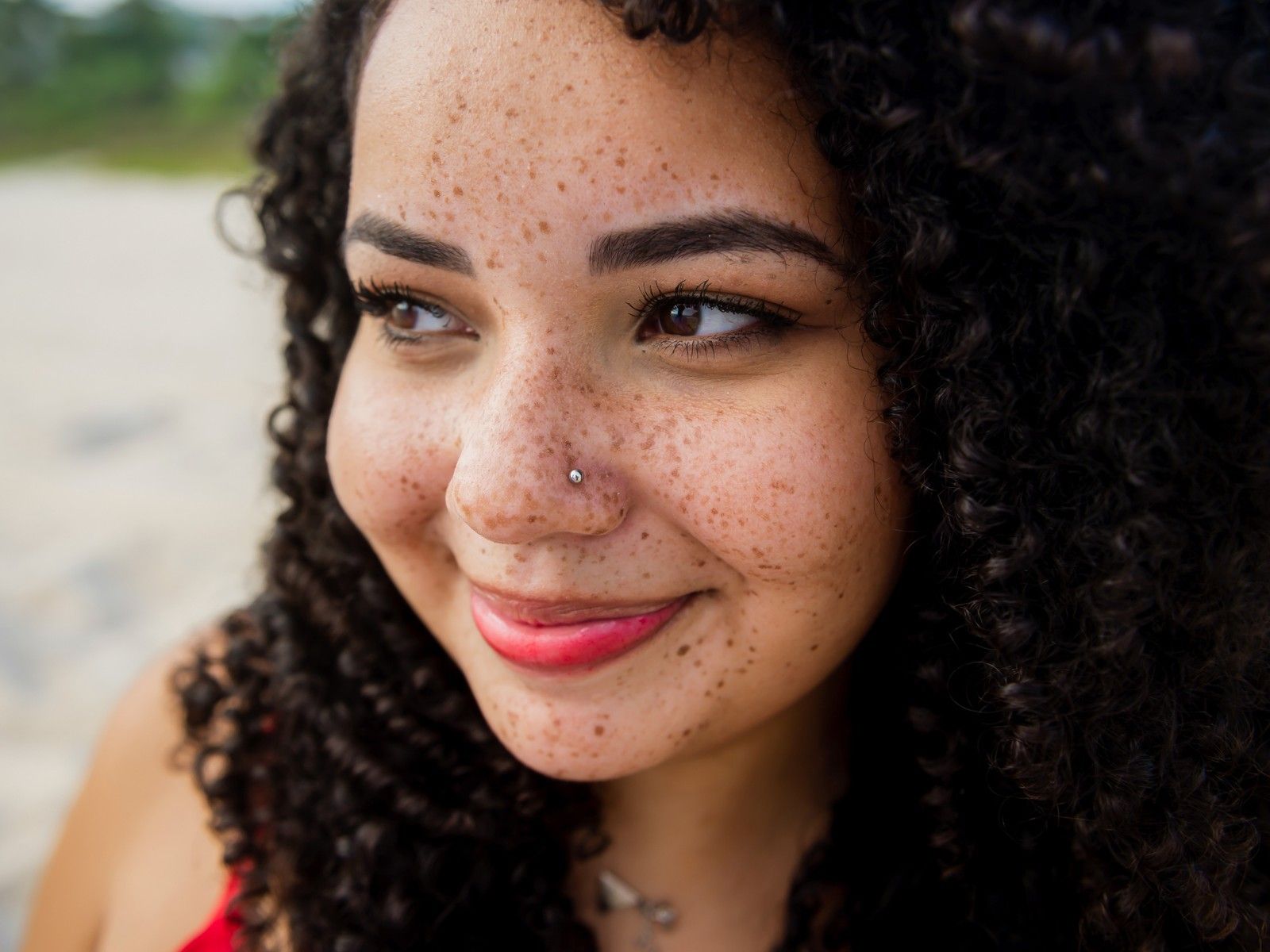eczema: do you know the signs?
while there is no cure for eczema, symptoms can be avoided by identifying and steering clear of the triggers that result in flare-ups.
watch: we tried to fight back against post-holiday acne with the tiktok #seasalt spray
using salt water to treat a litany of skin concerns has been around for thousands of years, but there aren’t many studies on the benefits.
is that a freckle, sun spot or mole on my skin?
there are lots of different kinds of spots and dots that can appear on the skin. knowing the difference can prevent serious health issues.
 3 minute read
3 minute read









